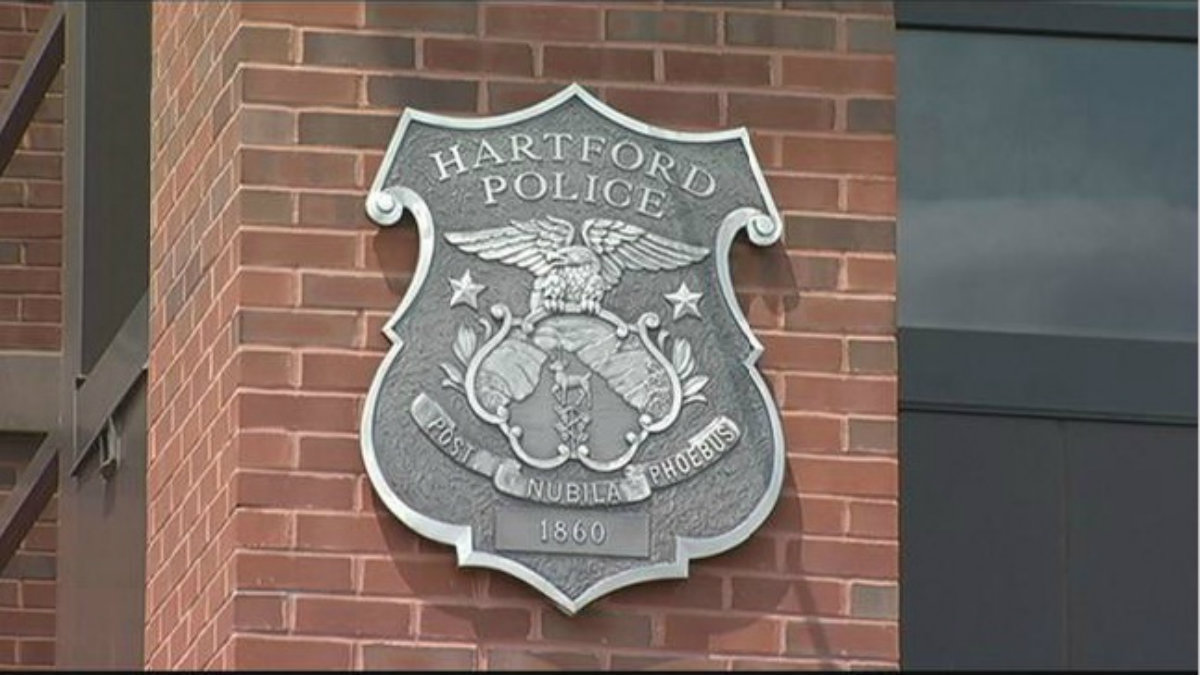January is Human Trafficking Prevention month. It is a crime that is happening across the U.S., and sadly in Connecticut.
“There is no quintessential human trafficking case. Traffickers exploit any vulnerability,” Sheila Hayre, advisor for the Human Trafficking Prevention Project, said.
That is what Hayre and her team of law students aim to stop with the Human Trafficking Prevention Project at Quinnipiac School of Law. The group trains hospitality workers, lawyers, students and the public on signs of trafficking, and law students handle cases at the University’s Civil Justice Clinic.
“There are a number of clients with immigration cases, but also are facing trafficking, both labor and sex trafficking,” Hayre said.
Get top local stories in Connecticut delivered to you every morning. Sign up for NBC Connecticut's News Headlines newsletter.
The clients they serve are just a handful of the more than 27 million people being trafficked around the world at any given time, according to the U.S. Department of State.
“We're probably only seeing the tip of the iceberg. And I, you know, shudder to think about all the cases that go unreported,” Hayre said.
In Connecticut, data from the Department of Children and Families (DCF) shows the number of child trafficking referrals over the past several years. In 2021, there were 241 cases.
Local
While there are many types of trafficking, Hayre said the two main categories are forced labor and sex trafficking, driven by force, fraud or coercion.
Hayre said sex trafficking is pervasive everywhere, including Connecticut.
“This can happen at school,” she said. “In one case, we saw that the young person was going to an after school program. They weren't taking attendance. And the trafficker was picking that child up, taking her to be trafficked, and returning her by the end of the program to go home.”
However, a growing concern for Hayre is labor trafficking in the state.
“We see a lot of domestic servitude going on, especially in the parts of our state where there's a lot of wealth,” Hayre said. “People are bringing in domestic workers, many of them who are foreign, allowing them to work in the home. And what's especially troubling, I think with that, is that it's hidden, right? Like how are you going to uncover what might be going on inside the home?”
Hayre said addressing human trafficking on the legislative level and changing some existing laws is key to fighting these crimes.
In the meantime, she said everyone should look for warning signs and report suspected trafficking.
“I think people are concerned that, what if I'm wrong, but what we tell them is, you are possibly just seeing a piece of the puzzle,” Hayre said. “Just by reporting it to the tip hotline, what you're doing is providing that one critical piece of information that hopefully in a case of trafficking will form part of the full picture.”
She said if you see anyone in immediate physical danger, you should call 911. Otherwise, you can support suspected human trafficking to the National Human Trafficking Hotline: 888-373-7888, or text 233733.
If you suspect a child is being trafficked and feel they are not in immediate physical danger, you can call DCF HART (Human Anti-trafficking Response Team) at 800-842-2288.



